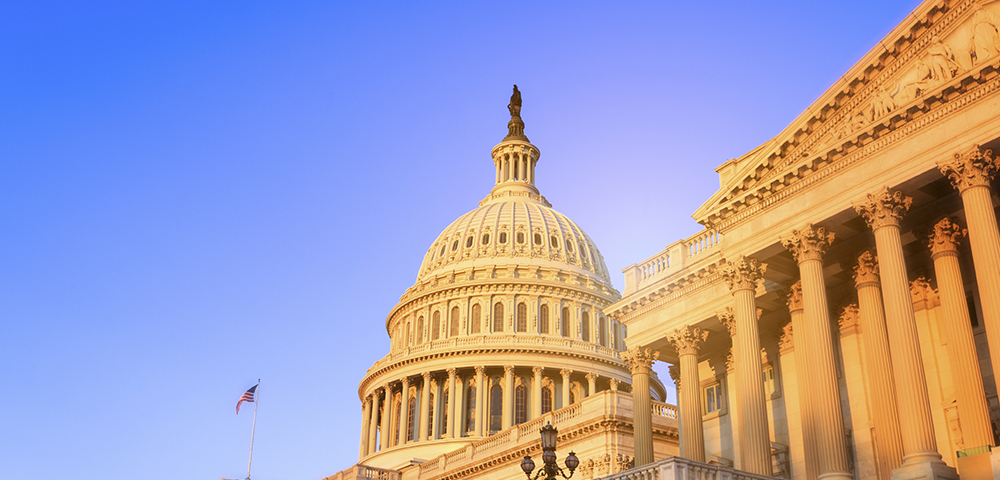Don’t look now, but the Department of Labor’s long-debated “fiduciary rule” is expected to be unveiled in Washington, D.C. on Wednesday. The industry has been wringing its hands over the heavily discussed regulation that President Barack Obama has advocated as a way to ensure that clients’ best interests are met by those offering financial advice and products to individuals with IRAs, 401(k) accounts and the like.
A wide range of voices have chimed in on this polarizing issue, and the industry itself is segmented into two camps, with those who fully support the legislation and those who feel it’s a direct attack on their business model. Some well-known financial types like Dave Ramsey have implied that enacting such a rule would make it difficult to fairly service smaller retirement accounts, saying that the rules would hurt middle-class Main Street investors. Others, like Ronald Bernardi of Bernardi Securities, have said the rule will force their clients to pay higher fees for the basic services they provide.
But, as a marketer and professional public relations strategist, I think the industry should cheer if the rule is passed. The biggest step in repairing the lack of public trust in the industry is being taken with this move. Remember, financial services is a business based on trust. You get referrals when your customers appreciate your work and trust you enough to refer family and friends. Assets flow into mutual funds when name recognition and a track record of performance gives investors a reason to trust their money to the fund.
The 2016 Edelman Trust Barometer shows financial services ranking dead last among industry groups with a paltry 51 percent of consumers placing trust in the industry. Why the distrust? Perhaps it comes from seeing multiple devastating bear markets over the last 20 years; perhaps the pop culture reveal of some of the darker back channels of high finance have created a worse perception than is fair; or perhaps it is because the industry has fought – in front of its customers – over the need to act in the best interest of their clients.
The DOL’s fiduciary regulation, if it comes to pass after what promises to be multiple court battles, could be the very thing that finally makes it easier for consumers to trust financial advisers by default. As technology, indexing and the rise of robo advisers continue to create an environment where most aspects of the financial planning business are being commoditized, the one area to shine is the advice end of the business.
Ideally, the regulation making it a requirement to offer the purest advice doled out with your clients’ best interest at heart should make it even easier for would-be consumers of financial advice to seek out the help that most American savers and investors so desperately need.
According to research from Spectrem, 36 percent of mass affluent investors said they didn’t have a financial adviser because they didn’t believe an adviser would look out for their best interests. It doesn’t take much to see the potential positive implications of a widely trumpeted uniform fiduciary standard for those in the financial advice business.
If you are in the business of selling financial advice, this regulation will allow you to more easily attach a value to what you offer. The real challenge isn’t addressing how this will hurt your business, it’s determining how you turn this free marketing into a seminal moment in building your RIA.
